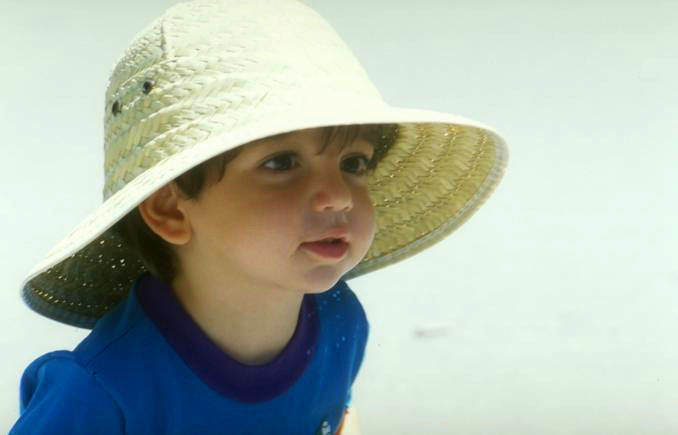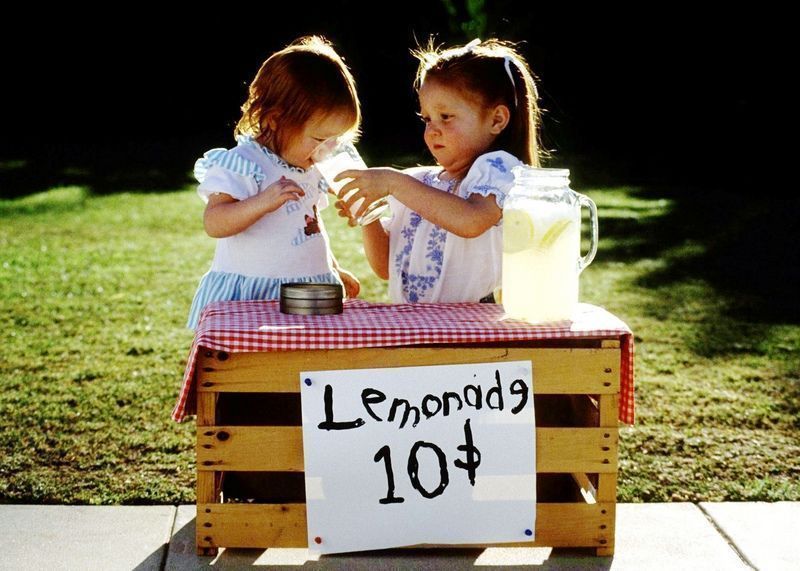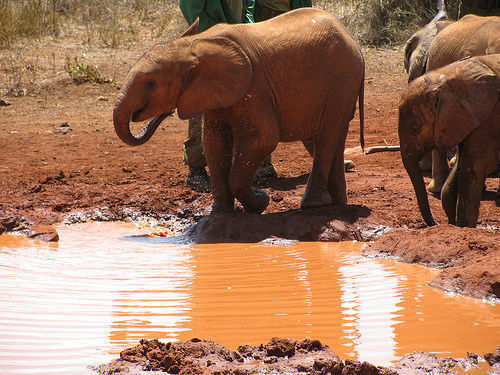High temperatures and sunshine, whether at home or on vacation, can cause heat related illnesses. Read on for to-dos and tips to keep your family well protected.
Intense heat and strong sunshine, combined with active play can lead to dehydration and heat-related illnesses. Here are some general guidelines to help protect your child:
To-Dos
– Drink plenty of fluids during vigorous or outdoor activities (including sunbathing), especially on hot days. Drinks of choice include water and sports drinks; avoid alcohol and fluids with caffeine such as tea, coffee and cola, as these can lead to dehydration.
– Dress your child in light-colored, lightweight, tightly-woven, loose-fitting clothing on hot days.
– Schedule vigorous activity and sports for cooler times of the day. Take rest periods in shady or cool areas.
– Protect children from the sun by having them wear a hat and sunglasses and by using an umbrella. Use a sunscreen that is at least SPF 15.
– Increase time spent outdoors gradually to get your child's body used to the heat.
– Teach children to take frequent drink breaks and "wet down" or mist themselves with a spray bottle to avoid becoming overheated.
– Try to spend as much time indoors as possible on very hot and humid days.
– Do not leave children unattended in a hot automobile.
– Teach children to warm-up and cool-down before and after exercising.
– If your child has a medical condition or is taking medication, consult your child's physician for further advice for preventing heat-related illnesses.
Tips for Keeping Young Athletes Hydrated
– Never rely on thirst. Thirst is a poor indicator of hydration status. When a young athlete begins to feel thirsty, he or she may already be one to two percent dehydrated.
– Pre-hydrate. Thirty minutes before activity, drink until you are no longer thirsty plus another eight ounces. For athletes weighing less than 90 pounds, drink five ounces for every 20 minutes of activity. For athletes weighing more than 90 pounds, drink eight ounces for every 20 minutes of activity.
– Water is best if the activity lasts one hour or less. For activities lasting more than an hour drink a fluid with carbohydrates (sugar) and electrolytes. Sports drinks are designed specifically for re-hydration during exercise and contain the right amount of carbohydrates, about six to eight percent. Fluids with too much sugar, such as fruit juice and soda, contain too much sugar and can cause cramping. Athletes younger than 10 years old may dilute a sports drink 1:1 water for a better taste. Avoid carbonated and caffeinated beverages because the carbonation may make you feel bloated, and caffeine can speed up metabolism, generating more heat.
– Drink it, don’t pour it. Pouring cold water on your head or face may feel great, but it does not improve your hydration status.
Children's Healthcare of Atlanta, one of the leading pediatric healthcare systems in the country, is pleased to offer summer tips for parents and their children.
Some Signs of Heat-Related Illness:
– Cramps
– Very high body temperature -Red, hot, dry skin (athlete is not sweating) or heavy sweating
– Rapid pulse
– Throbbing headache
– Dizziness
– Nausea/vomiting
– Confusion
– Loss of consciousness
– Paleness
Sun Safety: Avoid Unnecessary Aches & Burns
Now that the warm weather is in full force, kids are eager to enjoy outdoor activities. Unfortunately, excessive exposure to the sun can cause suffering and even permanent damage if the proper precautions are not taken.
• Apply sunscreen specifically made for children with an SPF of at least 15. While swimming, children should wear waterproof sunscreen. Sunscreen should be re-applied every 90 minutes or according to directions.
• Outfit children with a wide-brimmed hat and sunglasses with 100 percent UV protection.
• Even when precautions are followed, it is best to minimize the amount of sun exposure during the peak hours of 10am – 4pm.
Children's Healthcare of Atlanta, one of the leading pediatric healthcare systems in the country, is pleased to offer summer tips for parents and their children.
Dear Reader: This page may contain affiliate links which may earn a commission if you click through and make a purchase. Our independent journalism is not influenced by any advertiser or commercial initiative unless it is clearly marked as sponsored content. As travel products change, please be sure to reconfirm all details and stay up to date with current events to ensure a safe and successful trip.





